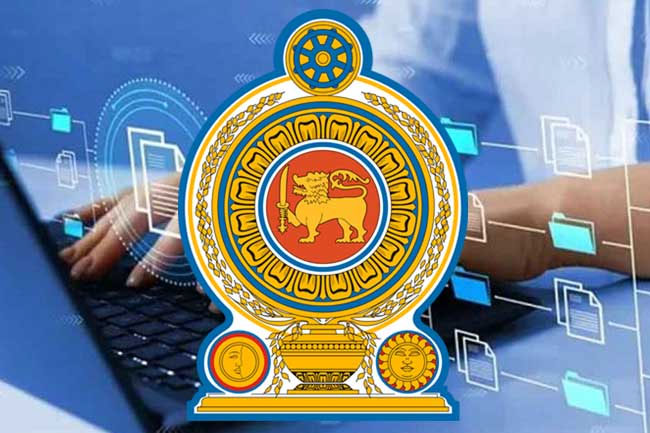September 16, Colombo (LNW): A significant step towards modernising Sri Lanka’s public administration was taken this week with the official introduction of a digital signature system for government officials, aimed at enhancing efficiency, transparency, and responsiveness in state services.
Speaking at a formal event held yesterday (15) to launch the initiative within the Home Affairs Division, Minister of Public Administration, Provincial Councils, and Local Government, Dr Chandana Abeyratne, described the move as a cornerstone of the government’s broader vision to transition towards fully digital public service delivery.
“Our goal is to lead public institutions into a new digital era—one where administrative processes are not only faster, but also smarter and more accountable,” the Minister said. He added that the technology will help reduce bureaucratic red tape, eliminate unnecessary delays, and ultimately bring services closer to the people.
The digitisation effort has begun with officials operating within District and Divisional Secretariats under the Home Affairs Division. These digital signatures are being introduced under the framework of the Electronic Transactions Act No. 19 of 2006, which provides the legal foundation for secure electronic communication in public administration. LankaPay has been authorised to issue the digital certificates in accordance with the Act’s provisions.
Dr Abeyratne stressed the importance of expanding the initiative to include Grama Niladhari officers, who serve as the primary point of contact between the state and local communities. According to the Minister, integrating these grassroots officials into the digital platform will further reduce delays in day-to-day administrative procedures and allow citizens to access essential services more reliably.
The new system will allow public officials to authenticate documents and communications electronically, eliminating the need for physical paperwork in many routine processes. Officials expect this reform to significantly reduce the backlog of pending files and contribute to a leaner, more agile public sector.
